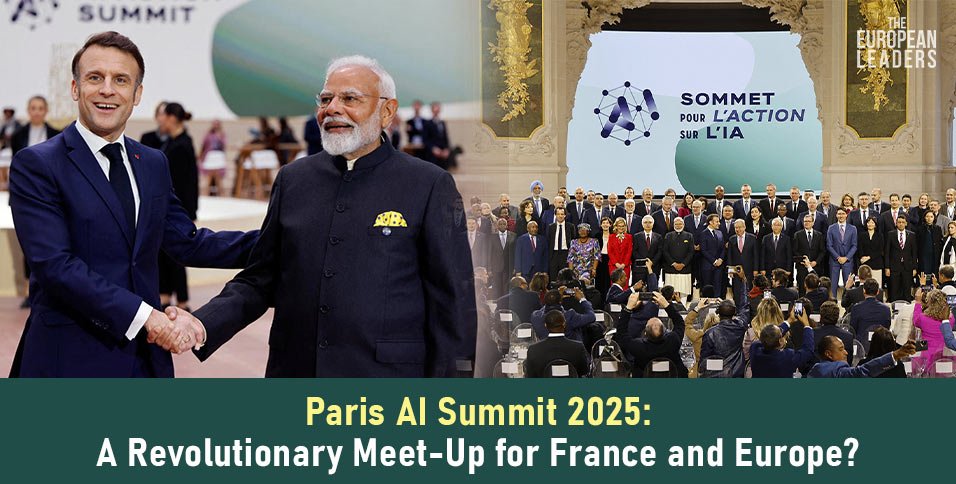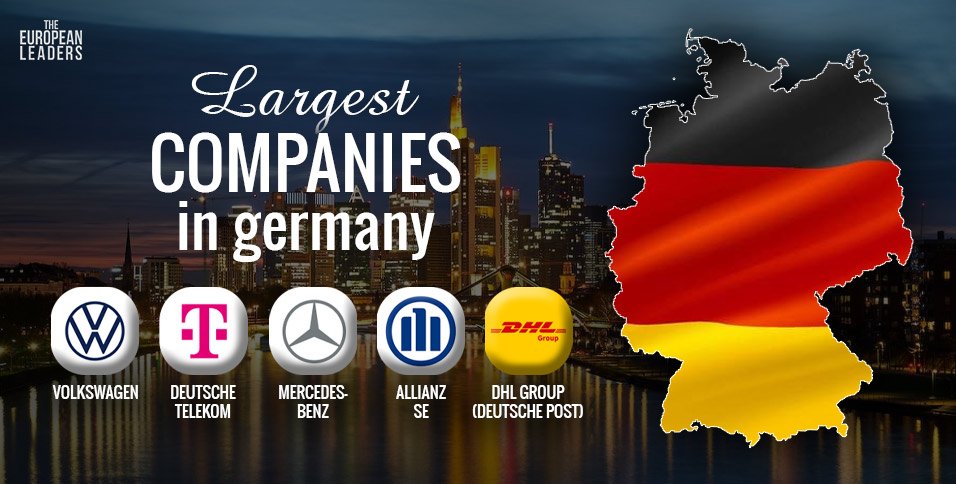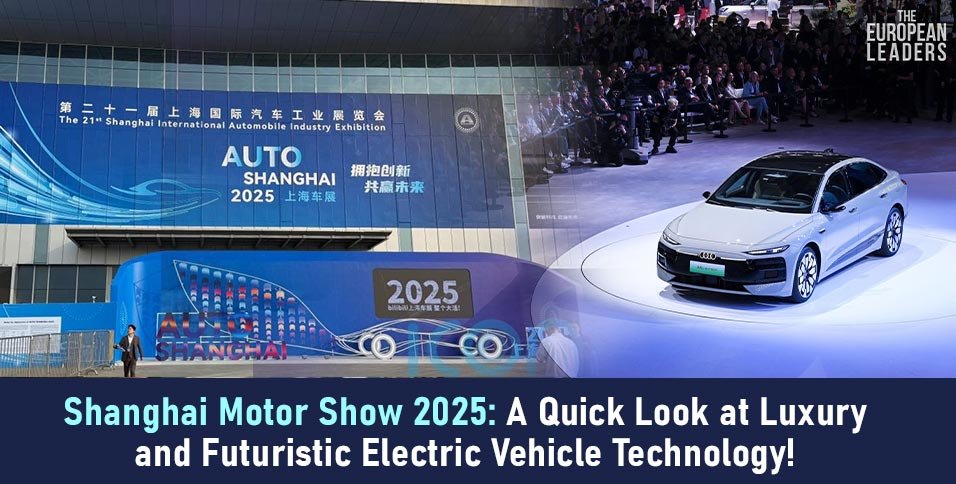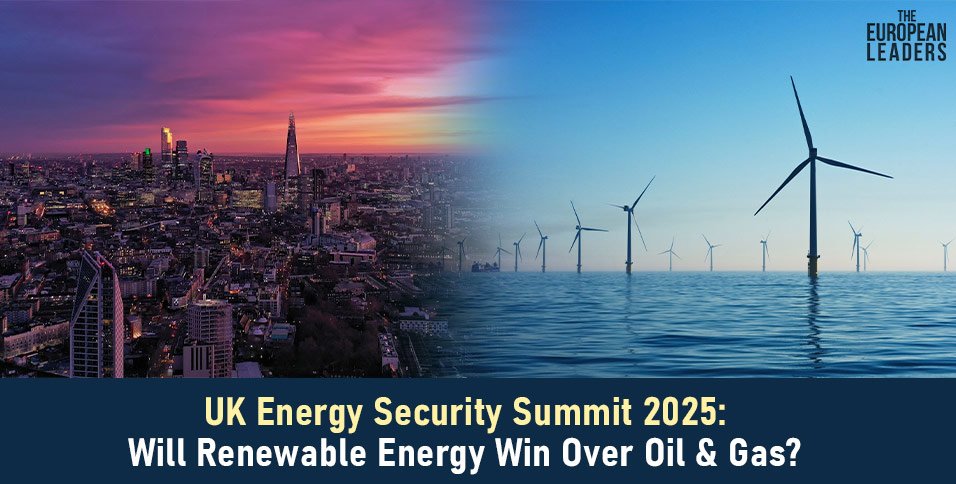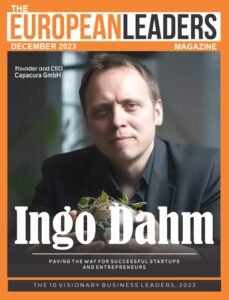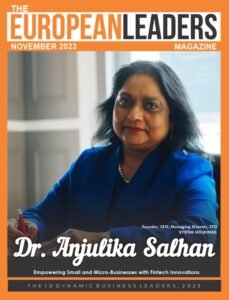The European Leaders
14 February 2025
Paris – The Paris AI Summit 2025 officially known as the AI Action Summit has emerged as a landmark event for Europe’s technological ambitions. Held on February 10–11 at the Grand Palais, the summit drew global attention by bringing together world leaders, tech giants, and policymakers to craft a shared vision for artificial intelligence (AI).
Co-chaired by France and India, this summit wasn’t just about innovation—it was a strategic move to position Europe as a leader in the AI race.
The AI Action Summit 2025 highlighted both opportunities and challenges surrounding AI, from environmental sustainability to governance frameworks. It laid the groundwork for future collaboration, with President Emmanuel Macron declaring, “AI isn’t just technology; it’s the next chapter of our economic sovereignty.”
Key Objectives: A Sustainable, Inclusive AI Future
The Paris AI Summit 2025 aimed to address core concerns in AI development with five key objectives:
- Accessibility: Democratizing AI for diverse users, especially from the Global South.
- Sustainability: Pioneering eco-friendly AI systems that align with climate goals.
- Governance: Proposing international frameworks for responsible AI usage.
- Innovation: Supporting AI applications in public services and industries.
- Trust: Ensuring transparency to combat misinformation and algorithmic bias.
These objectives were reinforced through panel discussions, where industry leaders like Sundar Pichai (Alphabet) and Sam Altman (OpenAI) stressed the importance of collaborative regulation.
Global Perspectives: Key Voices at the Summit
The AI Action Summit was a stage for international cooperation and contrasting viewpoints:
- Narendra Modi (India): Emphasized AI’s role in empowering developing nations and achieving global sustainability goals.
- JD Vance (US): Criticized Europe’s regulatory approach, arguing that overregulation could stifle innovation.
- Emmanuel Macron (France): Advocated for flexible, growth-oriented AI regulations to foster technological leadership.
- Justin Trudeau (Canada): Highlighted the ethical dimensions of AI in public services.
This melting pot of perspectives underscored the complex geopolitical landscape of AI, with countries grappling with the balance between innovation and regulation.
France’s Tech Gambit: National Ambitions on Display
The summit was more than a diplomatic gathering; it was a showcase for France’s AI ambitions. Macron unveiled a $50 billion deal with the UAE to build a state-of-the-art AI data center. He also announced a €109 billion national investment to position France as Europe’s AI hub.
France’s clean-energy advantage—thanks to its nuclear infrastructure—was highlighted as a strategic edge in hosting energy-intensive AI projects. “AI requires power, and France has clean power to spare,” Macron noted, encouraging global investors to consider Paris as their AI development base.
Hence, the French President smartly promoted its energy industry at the Paris AI Summit 2025.
Environmental Concerns and Innovation Focus
Sustainability emerged as a recurring theme. The summit addressed AI’s escalating energy consumption and its environmental footprint. Panels discussed advancements in energy-efficient algorithms and data centers powered by renewable sources.
The launch of “Current AI,” a coalition dedicated to promoting eco-friendly AI practices, marked a pivotal step toward aligning technological growth with environmental responsibility.
AI Governance: A Divided Front?
Despite the collaborative spirit, the summit exposed rifts in AI governance strategies. The European Union’s stringent AI Act, emphasizing safety and accountability, clashed with the United States’ more laissez-faire approach. Meanwhile, China presented its state-led model as a middle ground for responsible AI development.
The resulting Paris Declaration called for global cooperation but remained non-binding—highlighting the ongoing challenge of establishing a universal AI regulatory framework.
AI Action Week: A Broader Engagement
The summit was the culmination of AI Action Week (February 6–11), which featured diverse events:
- Science and Society Conference: Explored AI’s societal impacts.
- Cultural Events: Examined AI’s role in creative industries.
- Innovation Forums: Connected startups with investors and policymakers.
This multifaceted approach fostered public engagement, demystifying AI’s implications for everyday life.
Key Takeaways: What the Summit Means for the Future
- Europe’s Strategic Push: France is positioning itself as the AI leader of Europe, leveraging its clean-energy advantage.
- Global AI Alliances: The summit strengthened partnerships, especially between France and India, for inclusive AI growth.
- Ethical AI Commitments: The focus on transparency and ethical frameworks signals a shift toward more responsible AI practices.
- Regulatory Tensions Persist: The divergence between US and EU strategies remains a key challenge for global AI governance.
The Road Ahead: From Paris to Kigali
The Paris AI Summit 2025 concluded with a renewed commitment to collaborative AI development, but the journey is far from over. The next milestone, the Kigali Summit in Rwanda, is expected to build on Paris’s outcomes, pushing for concrete policy implementations.
As AI continues to reshape industries and societies, the Paris AI Summit 2025 stands as a reminder of the technology’s transformative power—and the collective responsibility to harness it for the greater good.

